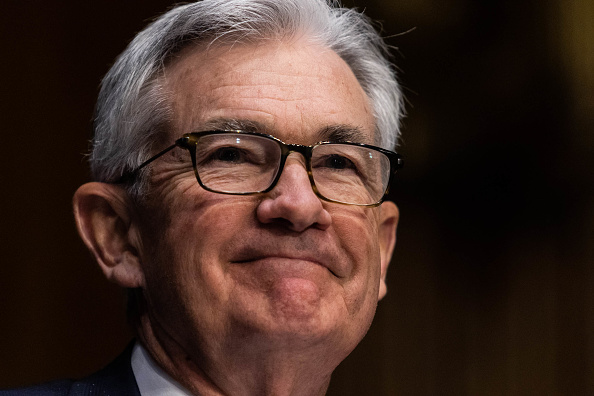This morning the British pound failed to capitalise on higher-than-expected CPI inflation data from the United Kingdom, as a short-lived spike towards the 1.2800 level was short loved.
Market expectations were easily beat as the consumer price inflation in the United Kingdom held steady at 8.7 percent in May 2023, unchanged from the previous month’s 13-month low and above market expectations of 8.4 percent.
Also, the rate remained significantly higher than the Bank of England’s target of 2.0 percent, adding to concerns about its stickiness and placing additional pressure on policymakers to maintain the bank’s ongoing tightening campaign.
The OIS noted that “Based on OIS pricing, a 25-bps rate hike is 100% priced in for this week and I don’t see that changing regardless of the data. What matters now more for the pound and UK rates is the terminal pricing. That is now seen at around 5.83%, which means there is a long way to go with the bank rate now at 4.50%.”
Rising prices for air travel (31.4 percent vs 12.6 percent in April), recreational and cultural goods and services (6.7 percent vs 6.3 percent), and second-hand cars (3.9 percent vs 1.2 percent) were enough to offset falling fuel costs (-13.1 percent vs -8.9 percent) and slowing food inflation (18.3 percent vs 19.0 percent).
The United Kingdom core inflation rate, which excludes volatile items such as energy, food, alcohol, and tobacco, rose to 7.1 percent, the highest since March 1992.
Consumer prices in the United Kingdom rose by 0.7 percent month-over-month in May 2023, following a 1.2 percent increase in April and beating market expectations of 0.5 percent.
Ifo forecasts that the German economy will shrink by 0.4% this year. As a revision lower to their previous forecast that the German economy will contract by 0.1% in 2023.
As for 2024, they also see softer growth with a forecast of 1.5% as compared to 1.7% previously. On the inflation front, Ifo notes that German inflation is expected to be at 5.8% this year before falling to 2.1% next year.




